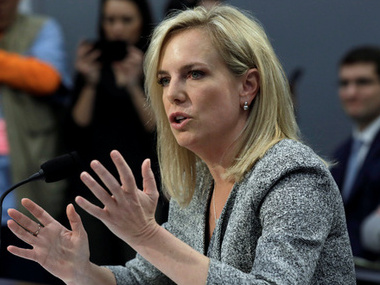Infosys BPO has developed a business platform that it claims would bring a paradigm shift in the way business processes are run at enterprises. This platform shrinks the conventional process of sourcing from technology vendors. To get more insight on this, Biztech2.0 caught up with Anantha Radhakrishnan VP and Head - Strategic Platforms, Key Solutions and Alliances, Industry Solutions,Technology Infrastructure Group, Business Transformation Services , Infosys BPO.
Please talk about Infosys BPO’s new business platform.
The common approach of consolidating in-house systems and migrating to a homogeneous technology environment can cost a substantial amount of money and take years to implement. Savings through process harmonisation and standardisation are often not realised quickly due to delayed implementation. This outsourcing of bundled technology and processes, in a single-stroke to best in class enables organisations to manage end-to-end processes based on agreed SLA’s with minimum effort.
What are the current challenges faced by your clients? How will your new business delivery model help overcome them?
Most of our clients are experiencing disruptive shifts in the economy and are on a war footing to cut costs, streamline processes and innovate operations. Our clients are increasingly looking towards delivery of not only best practice processes but also transformational benefits without investing large CAPEX in a traditional way. Infosys business platform is an innovative service delivery model, wherein end-to-end processes are offered as managed services on a standardised ‘business platform’ on a best-of-breed enterprise solution like Oracle - built, hosted and maintained by Infosys. This bundling of technology, consulting and BPO on an outcome based pricing model help with synergistic and sustainable value creation without going through a large upfront investment.
What are its advantages?
Infosys business platform embeds best in class process templates with innovative technology coupled with multi-tenanted service delivery, leading to cost savings through economies of scale, scope and access to low cost global labor. This transfer of responsibility from managing specified processes, applications and technologies enables clients to shift focus from transaction centric initiatives to strategic initiatives.
Can you share one client success story of this new business delivery model?
One of our client success stories comes from a leading financial services provider in Australia, who we have transitioned to the Infosys business platform for HR. We have been successfully able to harmonise their HR and payroll processes across multiple business units, providing them with a fully compliant platform. We recently went live with them and now the customer is able to realise the benefits of business efficiency as well as process effectiveness across their core HRO and payroll processes. This now provides them with a strong foundation for future HR transformation on other strategic HR functions with a simple HR platform.
Other than HR, which other departments can use this model?
Organisations can outsource processes that are non-core to them like Source-to-Pay, Transportation, Order-to-cash and so on. At the same time, we are also seeing strong trends in niche verticals where organisations are looking towards leveraging the platform model for their core processes, for increased efficiency and effectiveness.
What is the competitive advantage for Infosys BPO with this business delivery model?
Infosys believes that there would be an increased adoption of the cloud-computing model like platform. Most organisations today are taking a fresh look at their outsourcing strategies to shift their service delivery model from one that is transaction centric to process centric. Infosys being an early mover in this space with a strong technology footprint and experience, certainly stands to gain from this new shift, which competition would find hard to replicate.
)
)
)
)
)